Kenya’s banking sector has sounded an alarm over an informal money transfer system that moves billions across borders, without a single trace in official records, known as Hawala.
Hawala money, the system is now one of the top risks flagged by Kenyan banks in a 2025 Central Bank (CBK) survey on cross-border cash movement.
But what exactly is Hawala?
Hawala is a traditional, trust-based system of transferring money without physically moving it. Originating from Arabic, the word means “transfer” or “trust.”
It is common across parts of Africa, the Middle East, and South Asia, and operates entirely outside the formal financial system. No banks, no paper trail, no government oversight.
Also Read: New Rule Sets Ksh 1.9M Limit for Kenyans Passing Airport Security
Hawala Money Transactions
In a typical Hawala transaction, someone in Nairobi might give cash to a Hawala broker (known as a hawaladar) and ask that it be delivered to a relative in another country, say, Somalia, India, or the UAE.
Consequently, the broker contacts a counterpart in the destination country, who pays the relative from local funds.
The two brokers settle up later through trade, services, or parallel transactions, usually bypassing formal banking channels entirely.
Because there are no official records, Hawala is almost impossible to trace, and that’s what makes it dangerous.
According to the Central Bank of Kenya, commercial banks view Hawala as a serious money laundering and terrorism financing risk.
Because it relies on trust and not regulation, the system can be exploited to move illicit funds, avoid taxes, or finance criminal activities.
Also Read: Kenya Transporting Cash to the UK, South Sudan and DRC Using Planes
Banks on What Should be Done
Of the 38 banks surveyed, 67% reported encountering smuggling or irregularities.
Many flagged Hawala as a major blind spot in the financial system, one that is nearly impossible to regulate using traditional tools like Know Your Customer (KYC) or Suspicious Transaction Reports (STRs).
In the 2025 survey, banks also warned that Hawala systems are undermining efforts to control cross-border cash flows.
They allow large amounts of money to enter or leave the country without ever touching a bank, raising red flags for law enforcement and financial regulators alike.
However, although Hawala does serve legitimate users, such as migrants sending money home from countries with limited banking access, its anonymity makes it vulnerable to abuse.
The Kenyan banks called for better enforcement at borders, increased data sharing, and the adoption of technologies like AI to detect suspicious patterns linked to informal transfer systems.
Follow our WhatsApp Channel and X Account for real-time news updates.



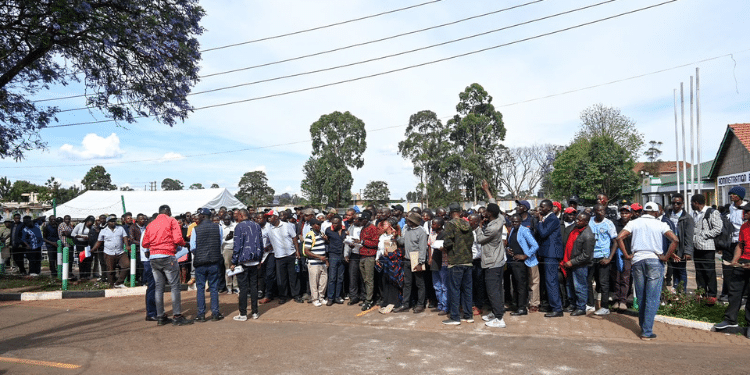
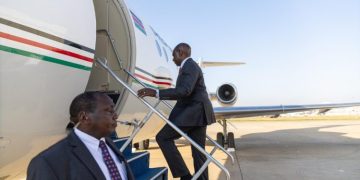

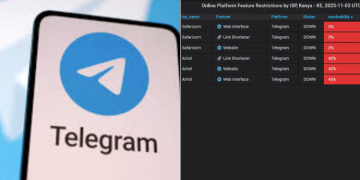
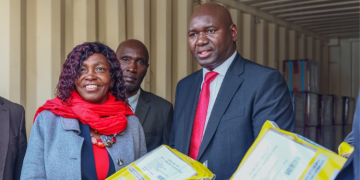









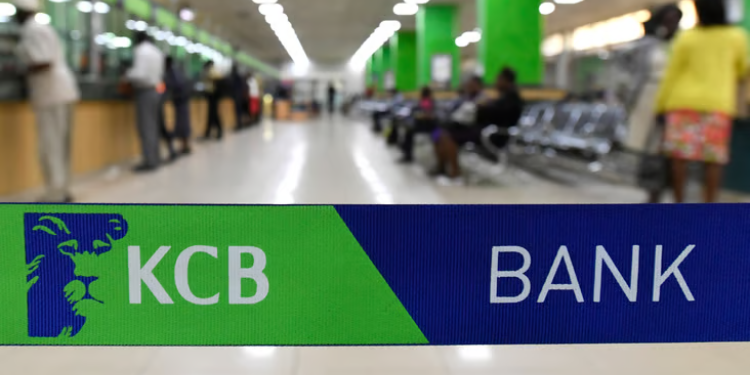


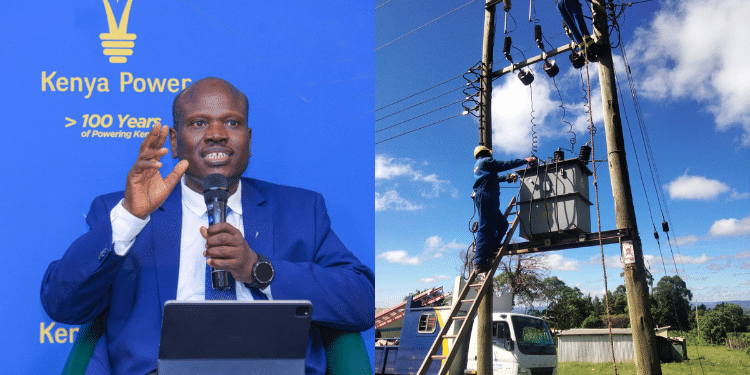





























![Senator Allan Chesang And Chanelle Kittony Wed In A Colourful Ceremony [Photos] Trans Nzoia Senator Allan Chesang With Channelle Kittony/Oscar Sudi]( https://thekenyatimescdn-ese7d3e7ghdnbfa9.z01.azurefd.net/prodimages/uploads/2025/11/Trans-Nzoia-Senator-Allan-Chesang-with-Channelle-KittonyOscar-Sudi-360x180.png)























